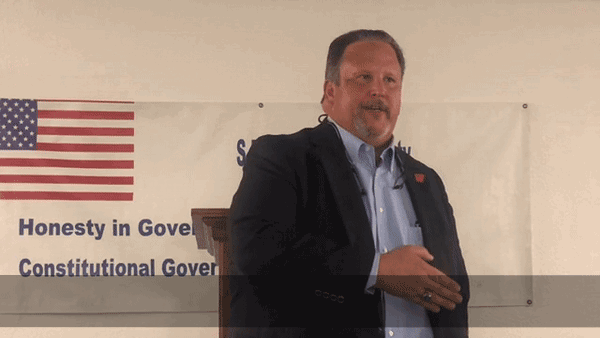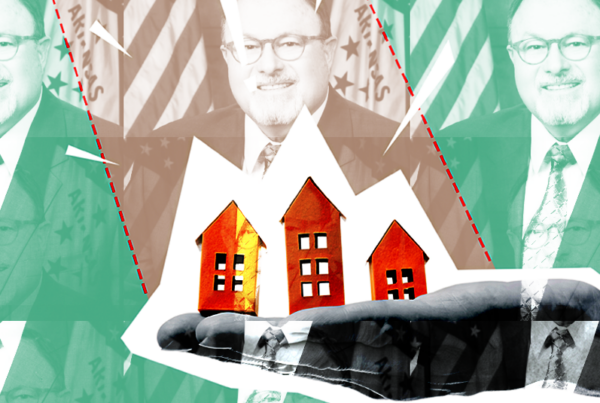Before banker Howard Beaty ran for office, he ran into a bit of legal trouble.
Republican Beaty is challenging Democrat Brigadier General LeAnne Burch for the AR House District 9 seat.

Beaty invited us to look at his record during a debate in Monticello this week. We did, and we found some things voters should know.
Beaty’s first legal trouble came in 2011, when the Federal Deposit Insurance Commission (FDIC) busted the bank he was running for mishandling customers’ money. Specifically, the FDIC cited the First State Bank of Crossett for “unsafe and unsound banking practices and violations of law.”
Beaty took his punishment, but apparently didn’t learn his lesson. In 2016, the FDIC caught Beaty breaking the law again at First State Bank of Crossett. This time, Beaty was cited personally and had to pay a $35,000 fine, attend mandatory training sessions on safe banking practices and agree to come clean about his history of violations to his new board of directors if he ever went to work for another institution regulated by the FDIC.
Beaty repeatedly put the hard-earned savings of his customers at risk. Now, he is running to take this record to the State Capitol, where this time he would be responsible for taxpayer dollars?
Banking isn’t the only area in which Beaty’s judgement is questionable. His attacks on his opponent reveal that Beaty will say whatever he thinks voters want to hear, regardless of veracity.
Take China, for instance. Beaty spammed mailboxes in his district with fliers attempting to mislead us about Burch’s vote to support economic development efforts to help Arkansas businesses boost trade with China. The truth is that Beaty himself serves on the Arkansas Economic Development Commission, the entity that established and continues to advocate for Arkansas’s trade office in China.
Beaty also criticized General Burch’s support of a law that improves the 911 emergency response system in rural areas. The law was signed by Governor Hutchinson, widely supported by law enforcement, officials in rural areas, and Republican lawmakers.





